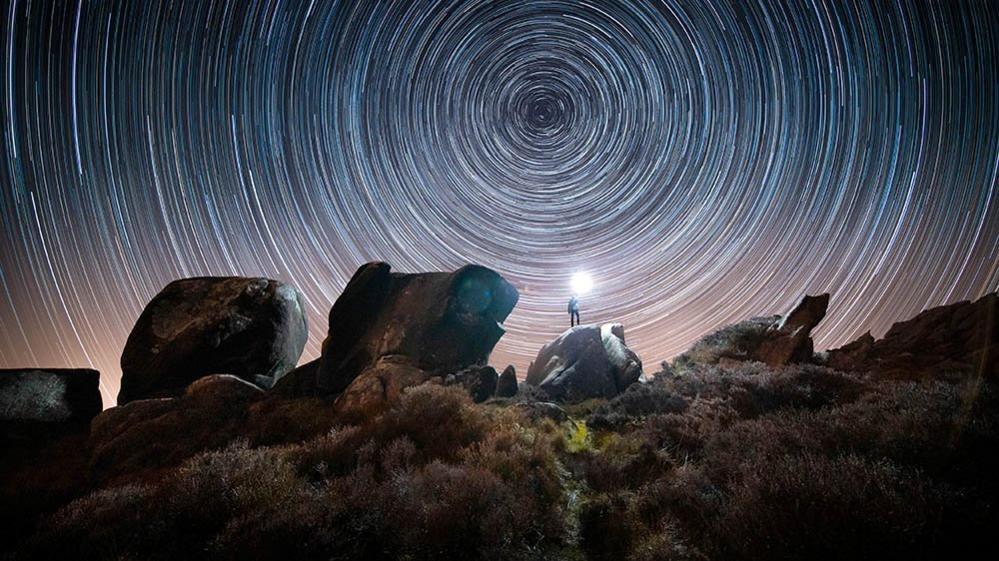Coronavirus: How nature is reacting to the lockdown
- Published
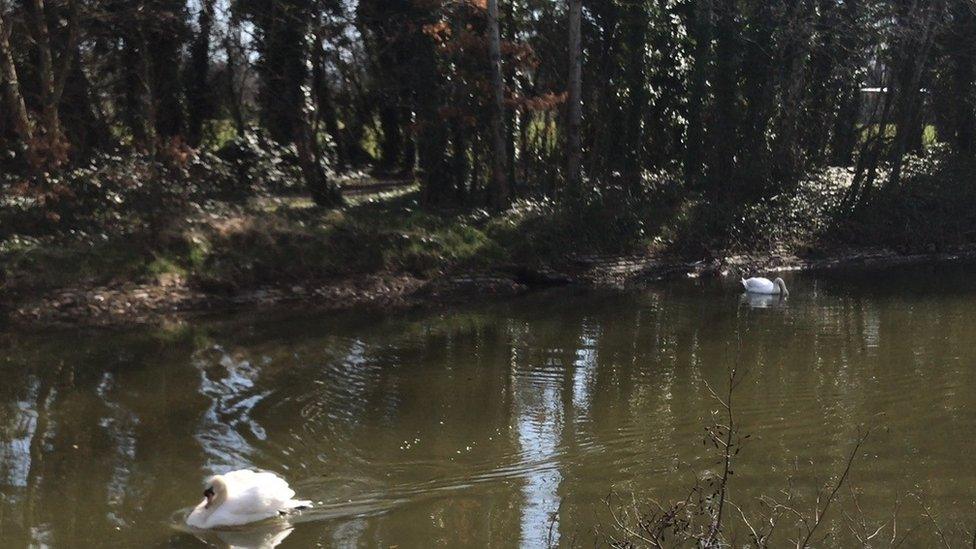
Since we have had restrictions on the way we live, the air quality across NI seems to have improved.
With the absence of traffic on our roads, nitrogen dioxide levels (exhaust fumes) have dropped by more than 50% in some areas. across the UK.
You may have noticed the absence of contrails in the sky as fewer people are flying and with the recent fine weather it may seem the sky is bluer.
Less light pollution at night also makes the night sky appear clearer and full of stars.
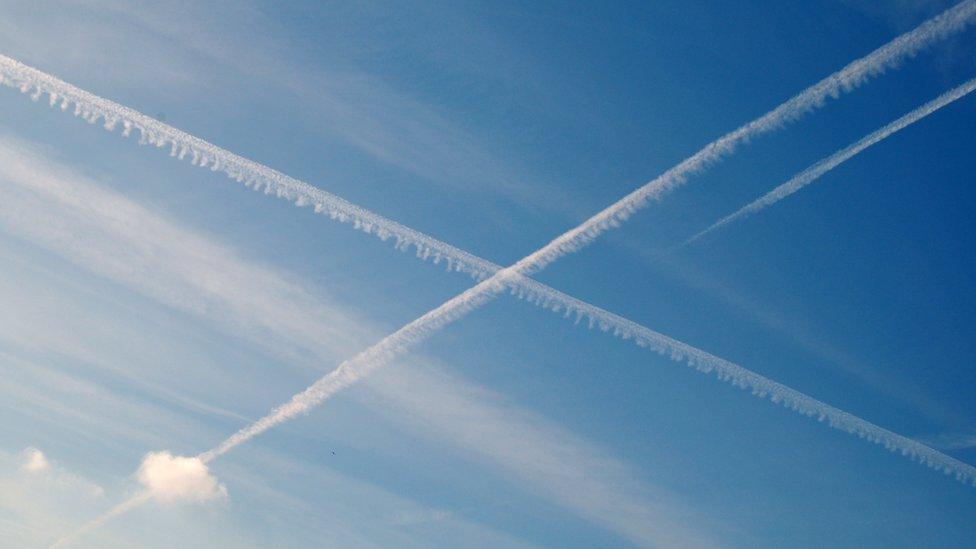
With fewer people flying there are fewer contrails in our skies
In some ways suburbia is starting to mimic the countryside.
We are also encouraged to take some exercise each day and I have noticed some changes in what I see and hear when I'm taking my daily walk or run, so I thought I'd ask my followers on Twitter what their experiences have been.
Allow X content?
This article contains content provided by X. We ask for your permission before anything is loaded, as they may be using cookies and other technologies. You may want to read X’s cookie policy, external and privacy policy, external before accepting. To view this content choose ‘accept and continue’.

People are noticing the bird song which may have been hidden before due to general noise and traffic. The birds have less to compete with now and the dawn chorus can go on way past dawn.
Townies are noticing more bees, birds, squirrels, foxes, even badgers, not just on walks but in gardens too.
Otters were feeding on crab at the River Bann and there are fresh sightings of seals swimming up the River Lagan.
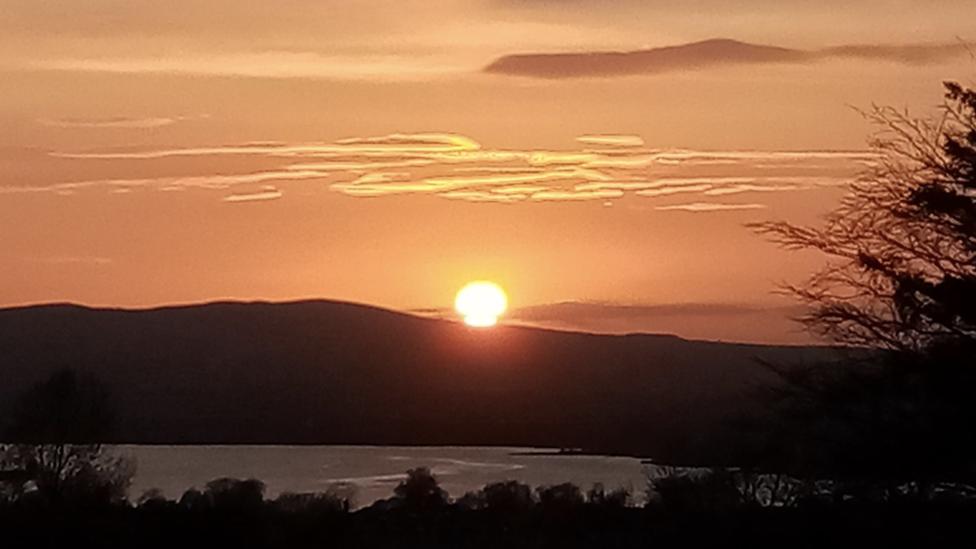
A recent sunset over the river Foyle
Let's look at bees, given they have such a big role to play.
I spoke to Emma from Bee Haven Beekeepers, whose goal is not to produce honey but to help increase the awareness of native honey bees and their importance.
According to Emma, there isn't a definite answer as to whether there are more bees, but in many respects what is happening is the opposite of normality.
Fewer bumble bees are dying by road kill and so more bee colonies are getting off to a good start, but some of the normal food supply for bees and pollinators has gone.
Garden centres aren't open, so we aren't buying plants.
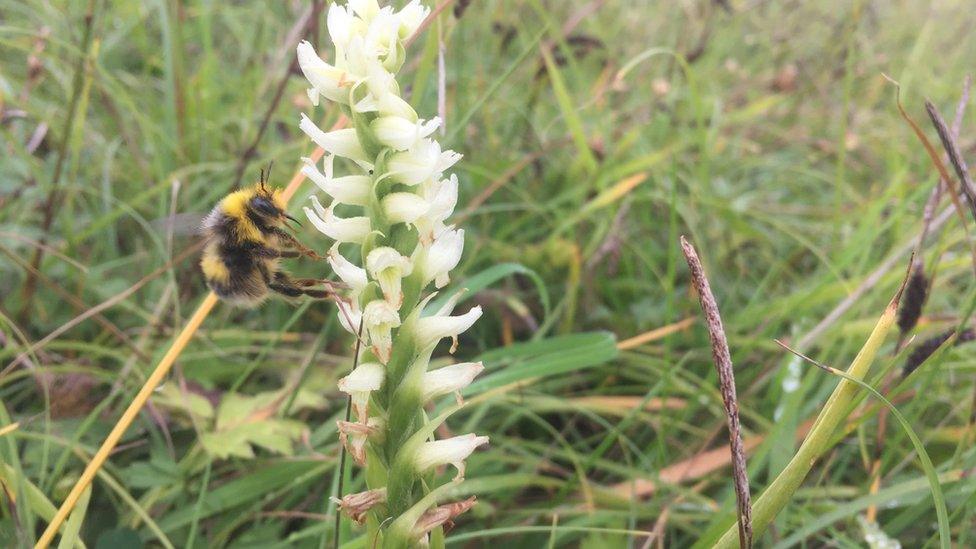
We are also mowing our lawns, removing dandelions, weeds and wild flowers, which are natural bee forage.
The same could be said for other birds and animals.
The seagulls aren't as numerous in Newcastle because the food scraps from visitors have ceased and so they're relying on their fish'n'chip leftovers from elsewhere.
They might even have to catch their own fish.
Allow X content?
This article contains content provided by X. We ask for your permission before anything is loaded, as they may be using cookies and other technologies. You may want to read X’s cookie policy, external and privacy policy, external before accepting. To view this content choose ‘accept and continue’.

Find the people and that's where you'll find bins and unfortunately litter, but also easy pickings for rabbits, squirrels, foxes, even peacocks.
Maybe this is why there seems to be more wildlife in the parks and walking areas.
Whereas some folk in the country, who would be familiar with these wildlife sightings and noises, are almost experiencing the opposite.
More people are passing their homes as suburbia ventures further into the countryside on their walk, run or cycle, and in some cases this means an increase in noise and litter.
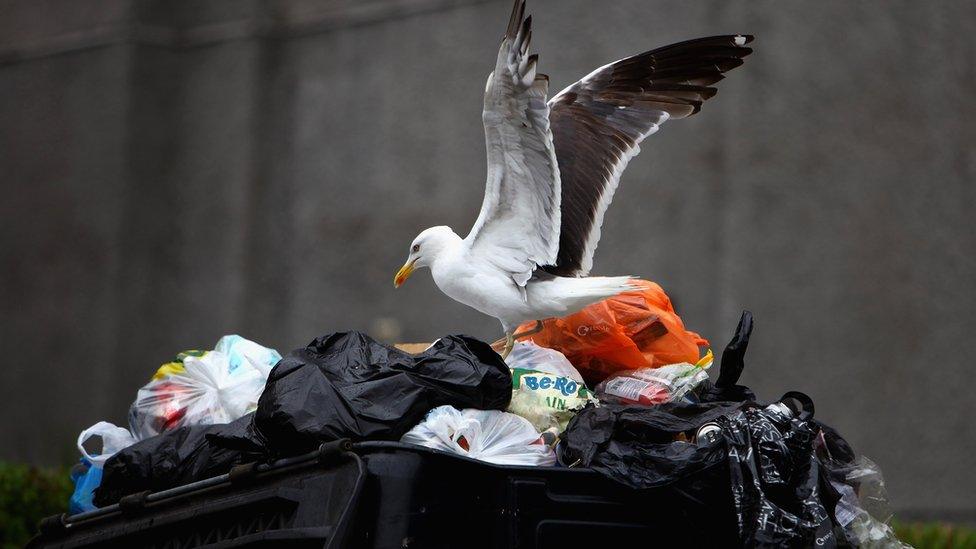
Gulls have become accustomed to accessing easy food sources
So have things changed or is it because our way of life has changed, and we are taking more notice of things that were always there?
Is nature claiming back the city?
Some seismologists say human activity has dropped to the lowest point since records began, so maybe it's just the humans that have gone quiet.
As for the global picture and whether there is any slow down on the warming of the planet, the Met Office says it is too soon to say.
They expect the rise of CO2 emissions this year to be lower than previously expected because of coronavirus restrictions - there's less traffic, less manufacturing - but it is unlikely to cause an overall global reduction in CO2 levels.

A SIMPLE GUIDE: How do I protect myself?
AVOIDING CONTACT: The rules on self-isolation and exercise
LOOK-UP TOOL: Check cases in your area
MAPS AND CHARTS: Visual guide to the outbreak

- Published21 March 2020
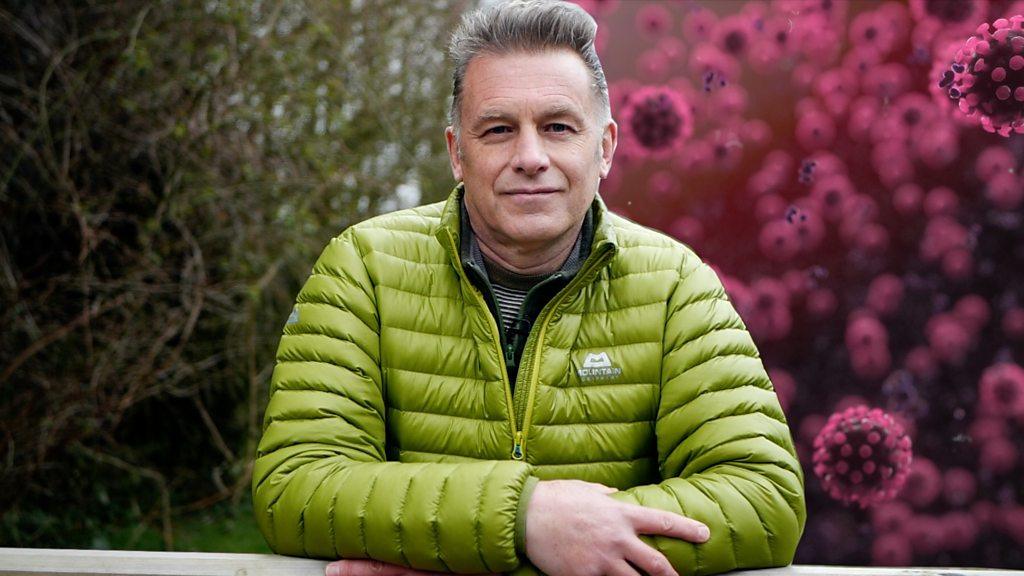
- Published1 April 2020
